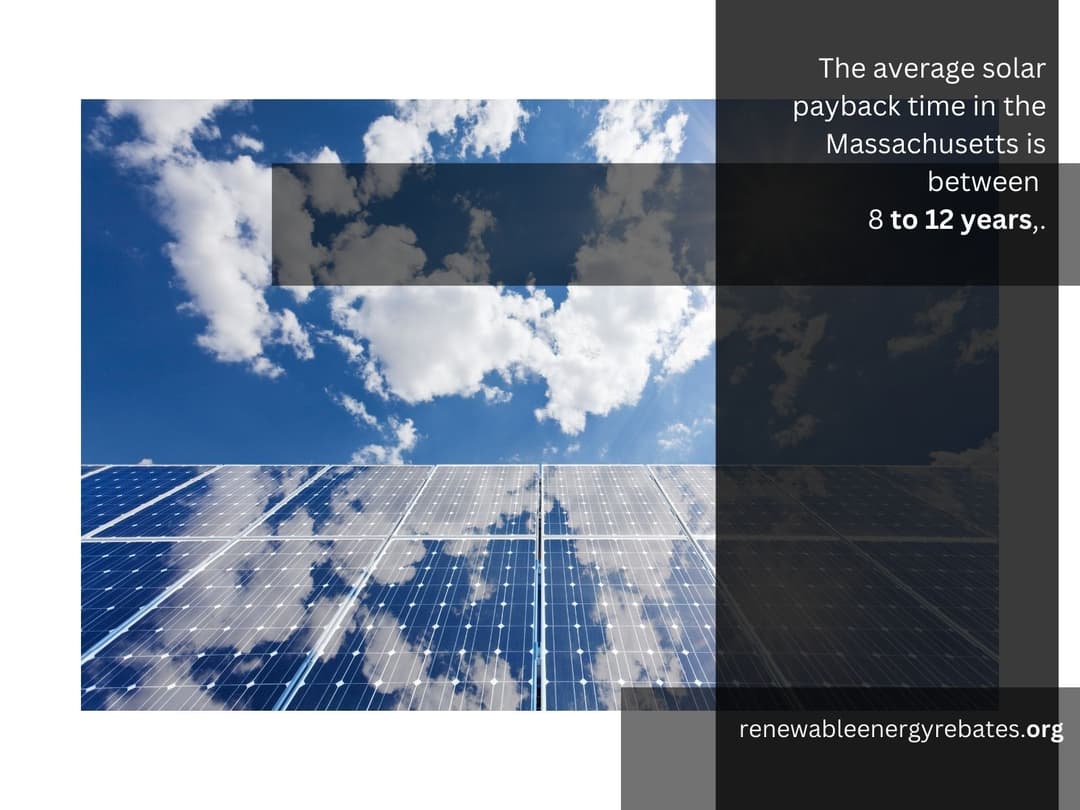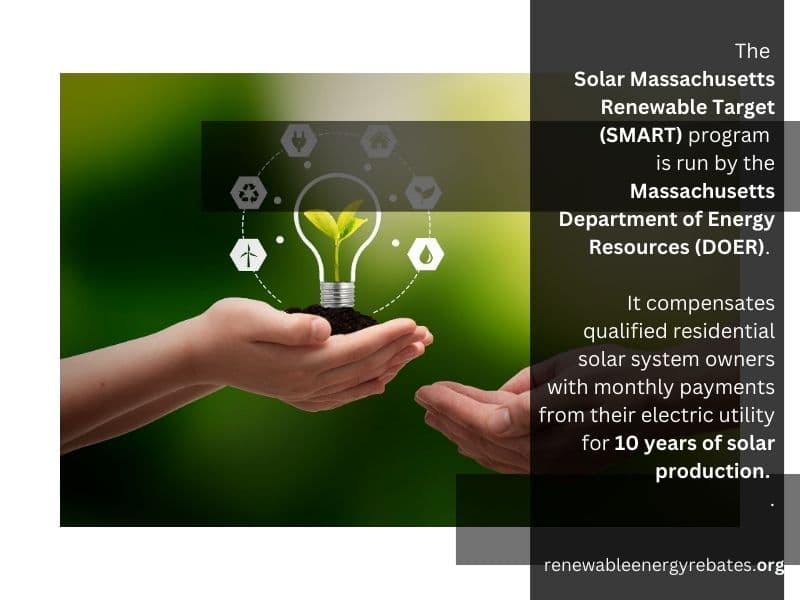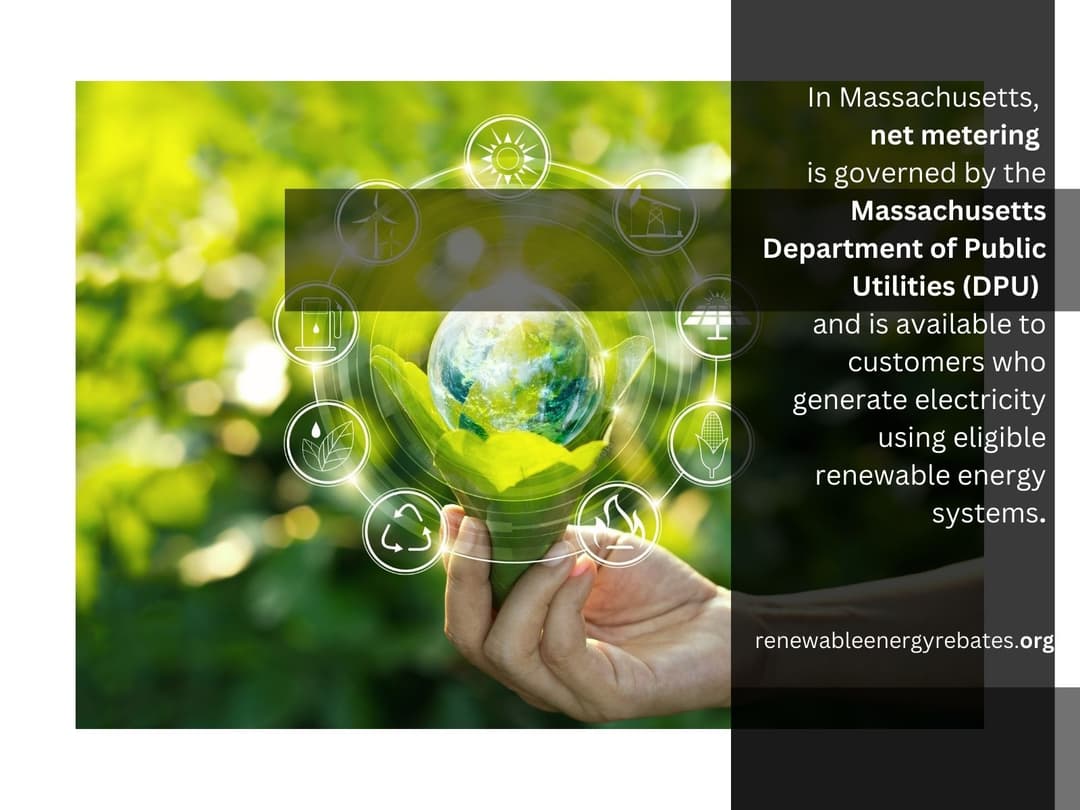Norfolk County, MA | Solar Energy
Installing Solar Panels in Norfolk County, Massachusetts: Costs, Incentives & More
Key Details
- As of 2023, the average cost of solar energy per watt in Norfolk County is $2.94 per watt, about 11% higher than the national average of $2.66 per watt.
- Solar systems in Norfolk County have an average payback period of 5 to 9 years, depending on the system's cost and power output.
- Available incentives for homeowners looking to install solar systems include the Massachusetts Solar Tax Credit (Personal Income Tax Credit), Massachusetts Net Metering, and Federal Solar Tax Credit programs.
- Energy companies offering solar rebates or solar incentives in Norfolk County include Trinity Solar, SunPower, Momentum Solar, ADT Solar, Unitil, and National Grid.
How Much Do Solar Panels Cost in Norfolk County, MA?
As of October 2023, the average cost of solar energy in Norfolk County is $2.94 per watt. This figure is about 11% more than the average national cost of $2.66 per watt.
Norfolk County residents can install a solar system for between $2.66 and $2.94. A 5 kW solar system in Norfolk County will cost about $10,290 post federal solar tax credit. A bigger system like the 8kW solar system will cost about $16,464 post-federal solar tax credit.

| Energy System Size | Solar Panel Cost | Cost After Credit |
| 5kW | $14,700 | $10,290 |
| 6kW | $17,640 | $12,348 |
| 7kW | $20,580 | $14,406 |
| 8kW | $23,520 | $16,464 |
| 9kW | $26,460 | $18,522 |
| 10kW | $29,400 | $20,580 |
How Long Does it Take for Solar Panels to Pay for themselves in Norfolk County?
Norfolk County solar panels have an average payback period of 5 to 9 years. The payback period depends on the solar system's cost and how much electricity it produces.
The system payback time reduces with more electricity generation.
Solar systems with higher efficiency will pay for themselves faster because they generate enough electricity to offset most of your energy bills.
What are the Incentives for Solar energy in Norfolk County, Massachusetts?
Homeowners looking to install solar systems can take advantage of the different solar incentives, programs, and rebates in Norfolk County, Massachusetts. These incentives help to subsidize the installation costs of solar systems. Some options include:
Solar Massachusetts Renewable Target (SMART) Program.
The SMART Program aims to give incentives for commercial and residential solar energy systems with links to one of the electric utility grids in Massachusetts. The investor-owned electric grids include National Grid, Unitil, and Eversource.
This program is a project by the Massachusetts Department of Energy Resources (DOER) from 2018. The program pays solar system owners to generate power for ten years. These payments are called Solar Renewable Energy Certificates (SRECs) or Solar Renewable Energy Credits.

The size of the system and the utility determines how much payment a customer gets. Payouts can range between $0.22 per kWh to $0.34 per kWh produced. The program has provisions for more payout where a battery storage system is in place. While most solar systems can pay for themselves in a few years, SMART Program’s extra incentives will reduce the payback period significantly.
Massachusetts Solar Tax Credit
With the Personal Income Tax Credit (also known as the Residential Energy Income Tax Credit), residents with solar systems can claim a tax credit that accumulates to 15% of the installation costs in their income tax filing.
The tax credit has a maximum cap of $1,000. This credit was put in place in 2016 and has been a subsidy for solar system installation for homeowners. Solar installers are seeing increasing demand due to the steady impact of the program.
Massachusetts Net Metering
Net metering allows properties that generate electricity using renewable energy sources to get compensation for transferring extra power to the grid. For example, if a home is empty, electricity generated during the day will not be used. Net metering allows such power to go to the local grid, where other properties can access it. The property where the power comes from is compensated with electricity credits.

When net metering works efficiently, it can completely cover your electric bill through solar energy.
Massachusetts Solar Tax Exemptions
Homeowners can use direct tax exemptions in Massachusetts to get better solar energy costs. Many of the available products in Massachusetts will have a sales tax of 6.25% on sale, but there can be a waiver of this tax if it prevents residents from going solar. This reason is why solar energy systems are not subject to sales tax.
Property tax exemption is another solar tax exemption residents of Massachusetts can enjoy. When an upgrade of the home is to occur, an inspection of the property will occur, and a reassessment of the home value for tax payment will happen. While having a solar system will increase your home value, the value increase will not reflect in the tax amount on the house.
Federal Solar Tax Credit
The Federal Solar Investment Tax Credit (ITC) is available to homeowners who make an outright purchase of their solar PV system. This purchase can be a cash or a loan purchase. The Investment Tax Credit allows 30% of the solar system costs to be available as credits property owners can claim against federal tax returns.
Solar systems in Norfolk County, Ma must be operational before the 31st of December, 2032. For systems that start running in 2033, the tax credit will be 26%. The tax credit will reduce to 22% by 2034 before it phases out by 2035.
What are the Best Solar Energy Companies in Norfolk County, Massachusetts?
Norfolk County is home to many of Massachusetts’ solar companies. Residents of the county can access high-quality solar energy service through the following companies:
United Better Homes
Address: 535 Pine St, Central Falls, RI 02863
Phone: (401) 274-0111
Northeast Solar
Address: Hatfield, MA,
Phone: (413) 247-6045
Beyond Green Construction
Address: 13 Terrace View, Easthampton, MA 01027
Phone: (413) 529-0544
Alpine Solar Heat and Hot Water, LLC
Address: 189 North St, Windsor, MA 01270
Phone: (413) 684-3950
ACK Smart
Address: 4 S Beach St Ext, Nantucket, MA 02554
Phone: (508) 257-1786
SGE Solar (Second Generation Energy)
Address: 85 S Bow St #3376, Milford, MA 01757
Phone: (508) 377-4037
Whaling City Solar
Address: 1213 Purchase St Unit 2-55, New Bedford, MA 02740
Phone: (508) 415-5661
Commercial Solar Guy
Address: 1213 Purchase St #2-50, New Bedford, MA 02740
Phone: (508) 499-9786
Isaksen Solar
Address: Fall River, MA, MA MA
Phone: (508) 567-0647
Solar Rising
Address: Mashpee, MA, MA MA
Phone: (508) 744-6284
Fortune Energy Taunton Massachusetts
Address: 125 John Hancock Rd #6-A, Taunton, MA 02780
Phone: (508) 823-2629
Mass No-Cost Solar
Address: 40 Mechanic St, Foxborough, MA 02035
Phone: (508) 933-1124
Sunny D Solar
Address: 8 Birch Dr, Rochester, NH 03867
Phone: (603) 368-9057
Energy Shield of New Hampshire, LLC
Address: 8 Wildflower Dr, Concord, NH 03303
Phone: (603) 637-4827
Mains Electric, LLC
Address: 44 Main St, Alton, NH 03809
Phone: (603) 833-3312
Do You Need a Handyman or a Solar Installer in Norfolk County?
The US Office of Energy and Renewable Energy recommends that customers employ professionals to help install their solar systems. When searching for solar installers, consider professionals with licensed certifications from organizations like the North American Board of Certified Energy Practitioners.
Do Solar Panels Increase a Home Value in Norfolk County?
Solar panels are valuable additions to your home and will increase your home value in Norfolk County. Installing a solar system has shown a $5,911 per kilowatt increase in home resale value. This increase is approximately 4.1% of the home value.
For example, a 4Kw solar system will increase home value by $23,644 while a 6kW will increase by $35,466. An 8 kW system will add $47,288, and a 10kW solar system will add $59,110 to your home value.
Factors that affect the value increase of solar panels.
System output.
The system output of your solar panel will determine how much your home value will increase. From the range listed above, the amount by which the home value increases rises as the kW increases. A 4kW system will increase home value by $23,644, while an 8 kW system will do it by $47,288.
Location
Different electrical costs for different communities will vary the solar system value addition. A higher electrical cost will result in a higher home value addition. Factors like sun exposure which can heavily depend on location, can help the panel last and maintain its value for longer.
System Age
The system age will determine your solar system's health and value. An older solar system will show depreciation which will reduce its value. A newer system is seen as more efficient and still has high installation value. You can increase an old solar system’s value by replacing weak parts and conducting repairs.
Local Installation Costs
This factor is linked to the location factor as different locations have different solar providers. Norfolk County residents can have different installation costs even if the margin is not wide. Buying a home with a solar system will also reduce solar costs as it is a package with the home.
Solar System Replacement Value
This factor aligns with the system age factor. The difficulty in replacing your solar system parts and the cost will affect the value it adds to your home.
How to Find Solar Companies Near Me in Norfolk County, Massachusetts?
Check for a license.
There are licensing requirements for each type of solar company. Certifications prove that the company has undergone standards, tests, and licenses and has the legal authority to offer solar services. You can look out for the North American Board of Certified Energy Practitioners Certification.
Check for reviews.
. Reviews will reveal the truths of a company's claims and services. You can use site reviews and check user comments. Ensure that you take note of the strengths and shortcomings of each solar company in each review. You can also check the solar company’s rating across different platforms.
Go for warranty
Solar systems are durable energy systems lasting over 25 years. However, this system's components and parts will not last that long without proper maintenance. Homeowners must ensure to approach solar companies with the best warranty offers. The warranty offers will cover maintenance or repairs to the solar system within the warranty period.
Other tips to finding a Norfolk solar company near you include:
Ask neighbors and friends.
A referral can help get you the exact solar system type you need. Asking neighbors will direct you to the closest solar companies offering the best services.. Ensure to get the full information, including their view of the pros and cons of using the solar company.
Check local directories or government sites.
Various government sites have dedicated clean energy resources showing solar installation steps and companies to patronize. Local governments want to support local and small companies.
You can check their website for solar company recommendations if you trust your local government's endorsement.
Approach Professionals
You can contact a reputable company for more information on installing a solar system. It is a process that involves electrical and structural work to have a proper solar energy setup. You can also discuss with your electricians about local solar installers or companies.
What Energy Companies offer Solar Rebates in Norfolk County, Massachusetts?
Some of the energy companies offering solar rebates in Norfolk County, Massachusetts include Trinity Solar, SunPower, Momentum Solar, ADT Solar, Unitil, and National Grid.